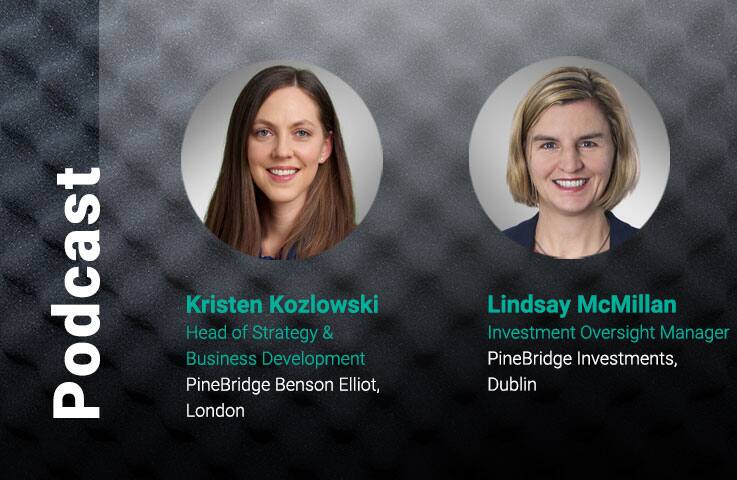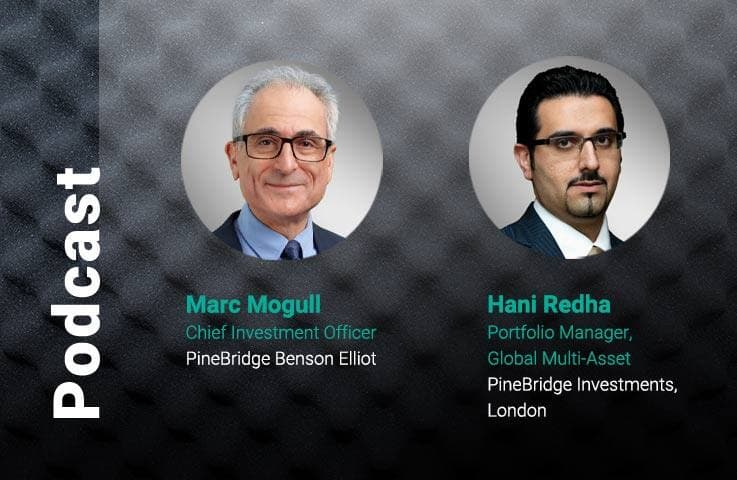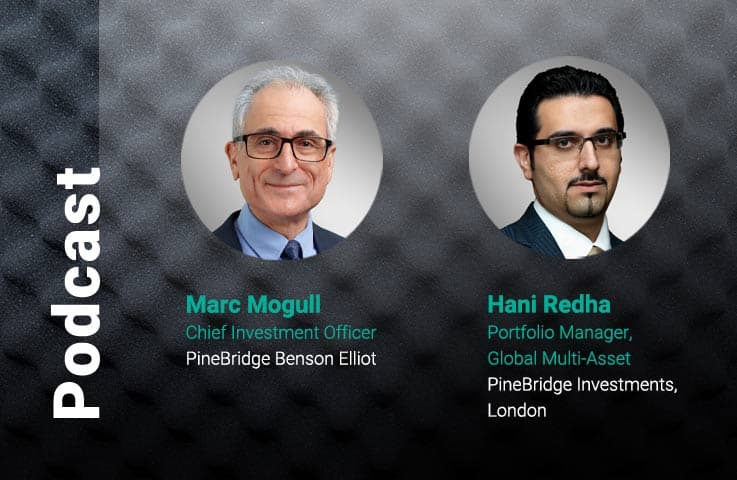Attracting Women to Work in Real Estate Investing
Featuring:

Kristen Kozlowski
Head of Strategy & Business Development, PineBridge Benson Elliot

Lindsay McMillan
Investment Oversight Manager

Kristen Kozlowski, Managing Director at PineBridge Benson Elliot, talks about her career journey in real estate investing, and how companies benefit from having women in senior positions, in this podcast with Lindsay McMillan, Investment Oversight Manager at PineBridge Investments Ireland.
Podcast Transcript



